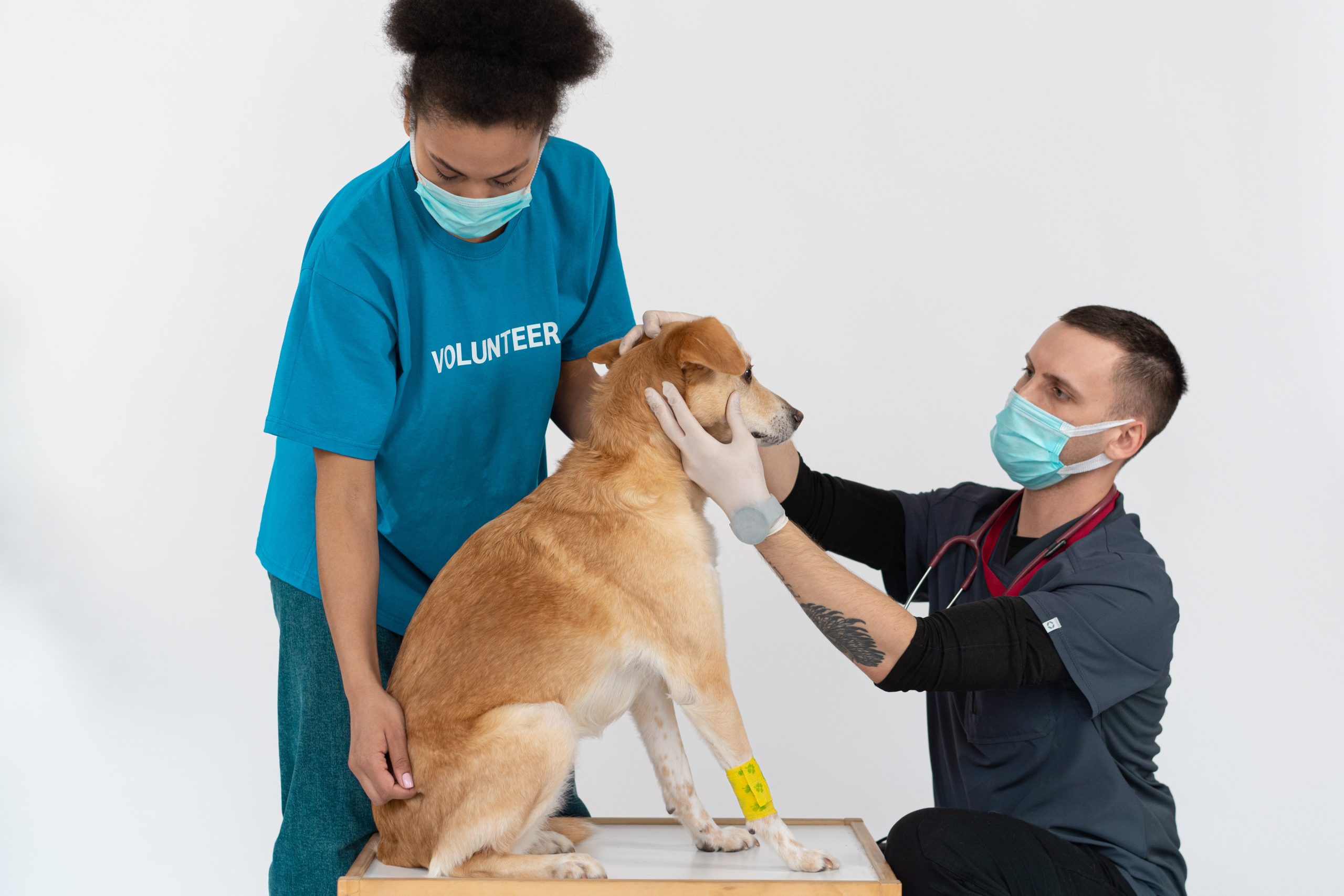As a pet parent, your primary goal is to promote the health and well-being of your furry friend. Comprehensive pet care captures this commitment, detailing all the vital services that contribute to nurturing your pet’s full-body wellness. While the scope of comprehensive pet care will vary depending on your pet’s unique needs, several essential services underline this concept.
Comprehensive Pet Care
In the realm of comprehensive pet care, it’s critical to ensure you leave no stone unturned. This involves considering all aspects of your pet’s wellbeing, from regular exercise to mental stimulation, grooming, and regular vet visits. If you want to learn more about vet resources or need assistance to find information online, click here.
Comprehensive Pet Care Services
1. Nutrition and Diet Counselling
One of the foremost considerations in comprehensive pet care is the diet and nutrition of your pet. A balanced diet is vital for sustaining your pet’s health and growth. However, not all pet foods fit all life stages or health conditions. Thus, it becomes essential to consult with a veterinary nutritionist who can guide you on the right portion sizes, dietary restrictions, and specialty foods based on your pet’s breed, size, age, and health condition.
2. Regular Vet Visits
Preventive care is crucial and helps nip health issues in the bud before they escalate. Regular vet visits, usually semi-annual or annual, include a comprehensive checkup where the vet checks your pet’s heart rate, respiratory rate, body condition, and skin/coat health. Eyes, ears, oral cavity and teeth, and internal organs are also checked during this visit to detect any early signs of illness.
3. Pet Dental Care
Pet dental care is often overlooked but plays a pivotal role in comprehensive pet care. Regular brushing, using pet-safe toothpaste, and dental treats can help prevent plaque and tartar build-up. Regular veterinary dental check-ups are also important to monitor for signs of dental diseases.
Inadequate attention to your pet’s dental hygiene can lead to oral health issues like gum disease and tooth decay. Thus, it’s important to include regular dental checkups and cleanings in your pet’s care program. After all, dental care for your pet is an essential element of ensuring their overall health and happiness.
4. Vaccinations
Vaccinations play a key role in protecting your pet from potentially fatal diseases. The type and frequency of vaccines will differ depending on your pet’s age, lifestyle, and the risk level in your area.
Immunizations are integral to preventing diseases in pets. For example, kittens need a series of vaccinations in their first year to safeguard them against various widespread and severe diseases. These vaccines, commonly referred to as kitten shots, are vital in protecting your young pet from illnesses like rabies, distemper, and feline herpesvirus.
5. Parasite Prevention
The foundation of a pet’s health begins with proper nutrition. Tailoring a balanced diet to your pet’s specific needs is essential. Veterinary nutritionists play a crucial role in advising on portion sizes, dietary restrictions, and specialty foods based on factors such as breed, size, age, and health condition. Personalized nutrition guidance ensures that your pet receives the nutrients necessary for optimal health and growth.
6. Behavioral Counseling
Changes in a pet’s behavior can indicate underlying health issues or emotional distress. Behavioral counseling, facilitated by a vet or professional trainer, helps identify and address these changes. Understanding and addressing behavioral issues contribute to a harmonious relationship between pets and owners.
7. Grooming
Maintaining your pet’s cleanliness and grooming is more than a cosmetic consideration; it’s a crucial aspect of preventive care. Regular baths, coat brushing, nail trims, and ear cleaning contribute to overall hygiene, reducing the risk of skin diseases and enhancing your pet’s well-being.
8. Emergency Care
In unforeseen health crises, emergency pet care services become paramount. These services cater to urgent situations when immediate attention is needed, ensuring that your pet receives prompt and life-saving care, especially when your regular vet may not be available.
9. Enrichment Activities
Beyond physical health, comprehensive pet care acknowledges the importance of mental stimulation and emotional well-being. Enrichment activities cater to your pet’s innate instincts and intelligence. This can include puzzle toys, interactive play sessions, and exposure to new environments. Enrichment activities contribute to a fulfilled and contented pet, preventing boredom-related behavioral issues.
10. Senior Pet Care
As pets age, their healthcare needs evolve. Senior pet care becomes paramount in addressing age-related issues such as arthritis, dental problems, and changes in nutritional requirements. Regular check-ups for senior pets, along with tailored nutrition and specialized care, ensure a comfortable and dignified aging process. Comprehensive pet care extends to every life stage, providing support and attention in their golden years.
Conclusion
In conclusion, comprehensive pet care consists of a wide range of services that cover all aspects of a pet’s well-being. This promotes a complete approach to pet health, focusing on prevention rather than cure. It demands regular vet visits, proper diet and nutrition, vaccination, grooming, and emergency care services. Keep in mind the nature of these services might alter according to the pet’s individual needs. However, the intention remains to provide the best care, guaranteeing a full, happy, and healthy life for your pet.




